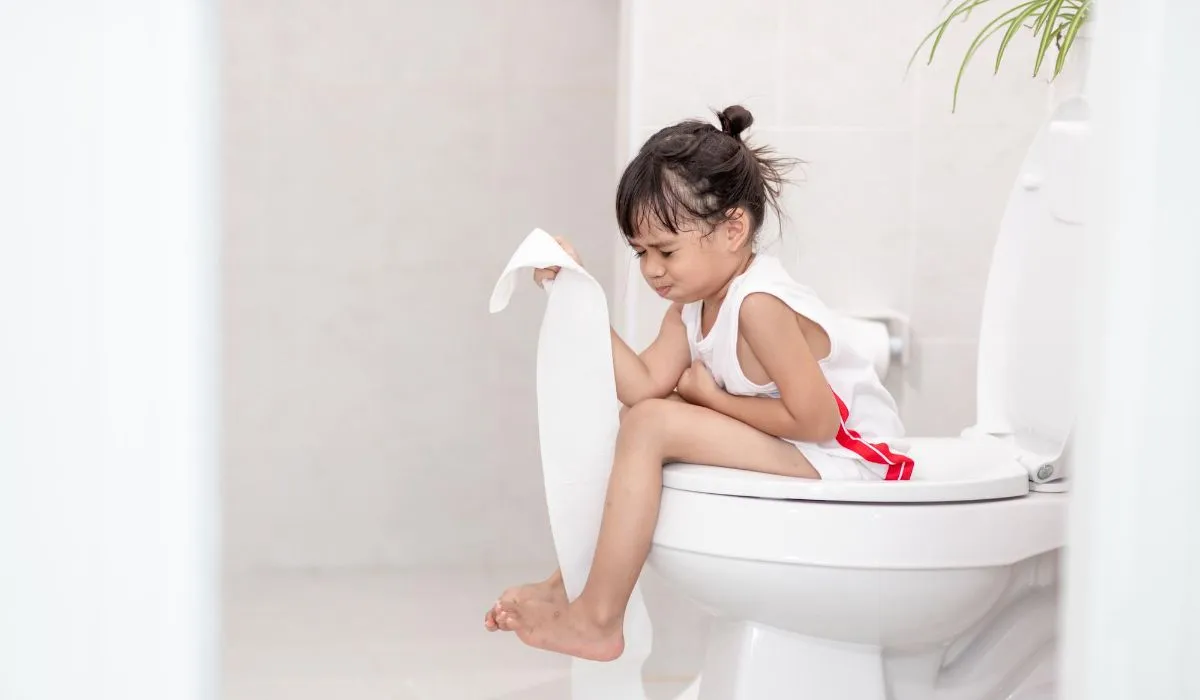
Introduction
Constipation is a condition in which your child experiences difficulty passing stools. It is a widespread problem among children. About 95% of constipation in children occurs because the child might be withholding stool deliberately.
Your child is more prone to constipation between the ages of 2 and 4 when toilet training starts. Constipation in children is not a severe condition and can often be treated with lifestyle changes and home remedies. Medical attention or a visit to the doctor is needed if your child’s constipation is extreme and painful.
Request an Appointment at Smiles
What are the Causes of Constipation in Children?
Your child may delay or hold stools for some of the following reasons:
- ● The child is overweight
- ● A diet with low fibre content
- ● A lack of physical activity
- ● Psychological factors like stress due to toilet training
- ● Shyness or hesitation using a public washroom
- ● Fear of pain while passing stool
- ● Medication
- ● Consuming dairy products
- ● Any other underlying medical condition
What are the Symptoms of Constipation in Children?
- ● Less than two to three bowel movements in seven days
- ● Stomachache
- ● Pain or difficulty while passing stool
- ● Bloating
- ● Stool with traces of blood
- ● Traces of stool in your child’s underwear
How is Constipation in Children Diagnosed?
- ● The age at which your child had his or her first bowel movement
- ● Frequency of bowel movements
- ● Whether you are toilet training your child
- ● Food habits of your child
- ● Possible stressful events
Based on the initial assessment, your doctor may recommend further tests if the constipation is severe. Some of them are:
- ● X-ray: An x-ray of the abdomen to check for blockages in the digestive tract.
- ● A blood test: To check for other medical conditions.
- ● A biopsy: Biopsy to check for abnormalities in the cells. A small tissue sample is taken from the rectum and sent to a pathologist.
How is Constipation in Children Treated?
- ● An enema or laxative: If your child has a blockage in the abdomen, your doctor may prescribe a laxative or enema to unblock. If the constipation is extremely severe, your doctor will suggest that the enema be given at the hospital. Your child will be hospitalised for a couple of hours and discharged after the bowel is cleared.
What are the Complications Associated With Constipation in Children Treatment?
- ● Anal fissures
- ● Rectal prolapse
- ● Leakage of stool from the colon and rectum, also known as encopresis
Results
The results of the treatment of constipation in children are positive. As a parent, your child’s health is in your hands. However, despite your best efforts to keep your child healthy, sometimes stomach ailments can take your little one by surprise. Constipation in children can be quite distressing because it can hinder your child’s ability to play, attend school, and socialize with others. By being aware of the causes, symptoms, and treatment for constipation, you can make an informed decision to help your child.
Request an Appointment at Smiles
FAQ's
What is a Normal Bowel Movement in Children and Infants?
What can you give a Child for Constipation?
Do Bananas Help Prevent Constipation?
Can a Child take a Stool Softener?
Which Ayurvedic Medicine is Helpful for Constipation In Children?
Does Ghee (Clarified Butter) Reduce Constipation In Children?
Can Milk Cause Constipation in Children?
Can Constipation Cause Nausea?
Can Chronic Constipation Stunt Growth in Children?
What Problems can Long-term Constipation Cause?
Need Help?
For any Information about our Locations, Doctors or Treatments.
